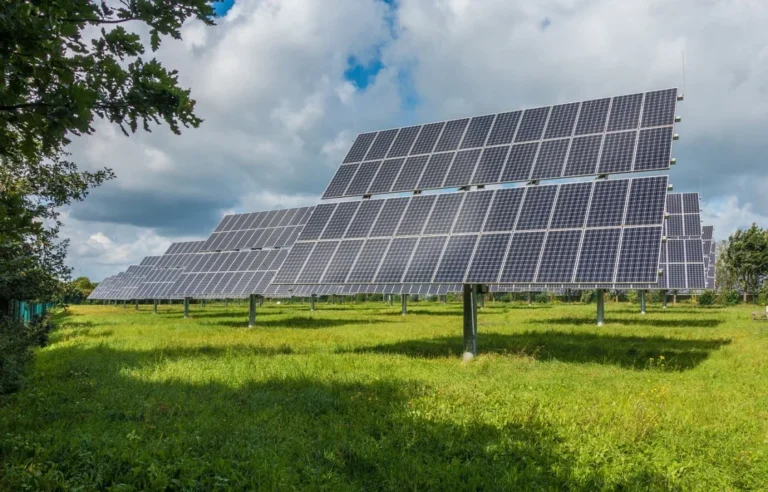The urgent need to combat climate change has thrust renewable energy into the global spotlight. As governments, businesses, and individuals grapple with the challenges of
reducing carbon emissions, the role of financial institutions in supporting and propelling the renewable energy transition is becoming increasingly prominent. The financial services
sector, with its financial power, extensive networks, and ability to drive systemic change, has a unique opportunity to be the catalyst that accelerates the pace and scale of this critical transition.
Financing is undoubtedly one of the most significant contributions that can be made to the renewable energy transition agenda, by assisting in overcoming the financial barriers that frequently impede the development and deployment of clean energy solutions by providing capital for renewable energy projects. Financial institutions are helping to build solar farms, wind parks, geothermal facilities, and other renewable energy infrastructure by providing loans, bonds, and other financial instruments. This funding allows projects to move forward, accelerating the transition to a low-carbon economy.
However, because of the relatively new technologies involved, as well as the regulatory uncertainties that accompany the introduction of new energy sources, renewable energy
projects are frequently regarded as risky investments. We can play an important role in de-risking these ventures by conducting thorough due diligence, assessing project viability, and providing risk-mitigation financial instruments. Financial institutions can boost investor confidence and encourage greater participation in renewable energy projects by offering guarantees, insurance products, or structured finance solutions. This de-risking mechanism attracts additional capital and accelerates the transition.
Absa Bank Kenya has had the privilege of working with Kenya’s largest energy generator, the Kenya Electricity Generating Company (KenGen), to optimize its capital structure to
address the greater funding needed to support its geothermal energy deployment. Kenya’s installed geothermal capacity stood at 962 Megawatts as of 30th June 2022, placing Kenya seventh among the world’s top geothermal energy producers. Furthermore, KenGen currently generates 86 percent of its electricity from renewable sources such as geothermal, hydro, and wind.
Besides funding, financial institutions have an opportunity to provide valuable advisory services to clients seeking to navigate the renewable energy landscape. We can assist businesses in transitioning to renewable energy sources by providing expert advice on project finance, risk management, and regulatory compliance.
We can also educate customers and the public about the benefits and potential of renewable energy, helping to dispel myths and raise awareness. That will empower individuals and organisations to make informed decisions that drive the renewable energy transition by acting as knowledge hubs.
The transition to renewable energy is a critical global undertaking, and financial institutions play an important role in its success. We can mobilize capital, de-risk investments, foster innovation, incorporate Environmental, Social and Governance (ESG) criteria, and provide advisory services through financial capabilities, influence, and collaborative efforts.
By embracing their role as catalysts, facilitating the transition to a more sustainable and low-carbon future we can accelerate the pace and scale of the renewable energy transition.
Absa, for its part, is committed and determined to support solutions that contribute to a more sustainable future by developing innovative financial solutions that enable more renewable energy projects to be implemented. It is time for us to seize this opportunity, not only for their own benefit, but also for the benefit of present and future generations.
By James Agin – Executive Corporate and Investment Banking Absa Bank Kenya 

